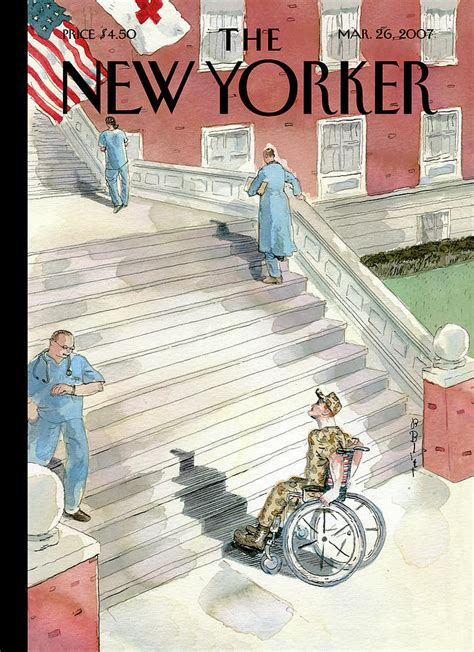A Quote by Matthew Walker
If you look at how humans tend to want to sleep, it seems to be either, you know, sort of a monophasic way or at least a biphasic way, where there's, perhaps, a long bout during the night and then maybe a siesta-like pattern during the day.
Related Quotes
If one tries to think about history, it seems to me - it's like looking at a range of mountains. And the first time you see them, they look one way. But then time changes, the pattern of light shifts. Maybe you've moved slightly, your perspective has changed. The mountains are the same, but they look very different.
Everyone in the world should sleep without fear at least for one night, sleep without fear. Everyone in the world should eat to their fill, at least for one day, eat to their fill. There should be one day when there is no violence, no one is injured, no one is harmed. All people young and old should serve the poor and needy, at least for one day serve selflessly. This is my dream....this is my prayer. Love is the answer, love is the way. Love is the answer, love is the way.
I studied Comparative Literature at Cornell. Structuralism was real big then. The idea of reading and writing as being this language game. There's a lot of appeal to that. It's nice to think of it as this playful kind of thing. But I think that another way to look at it is "Look, I just want to be sincere. I want to write something and make you feel something and maybe you will go out and do something." And it seems that the world is in such bad shape now that we don't have time to do nothing but language games. That's how it seems to me.
The way we deny death says something about how we live our lives, doesn't it? At least in Sweden or Scandinavia, you don't have to search further back in time than maybe three generations to find another way to relate to death. People then had a different, closer relationship with death; at least it was like that in the countryside.
There's something I call 'Moving Day,' which I've done for the last 20 years. Look at everything in your home, then think about how you could combine things in a different way. Maybe you break up your night tables and use one in the family room; maybe the dining room sideboard becomes a console table for your television, with storage underneath.
Maybe you want to look at the most recent polling or you want to pull up a data set on early voting in Ohio, but when you cover politics day-to-day and you've been doing it for many election cycles, you're prepared. You either know this stuff because you've been doing it so long or you don't and that shows real quick.
When you look back on a historical period of music, it seems so obvious to you what the characteristics of it are, but they're not obvious at the time. So, when I look back at my own work, I could easily write a very convincing sort of account of it that made it look like I had planned it all out from day one and that this led logically to that and then I did this and then that followed quite naturally from that. But that's not how it felt.
I'm, like, not overly into labels. I've been referred to that way, but I tend to think of political cartoonists as constantly at it, producing more work than I do. I do, what, six or eight covers a year, maybe, and a bunch of illustrations as well, but how many do you create a year? I'm in awe of that, and I think the term implies being at it every day or at least weekly.



































